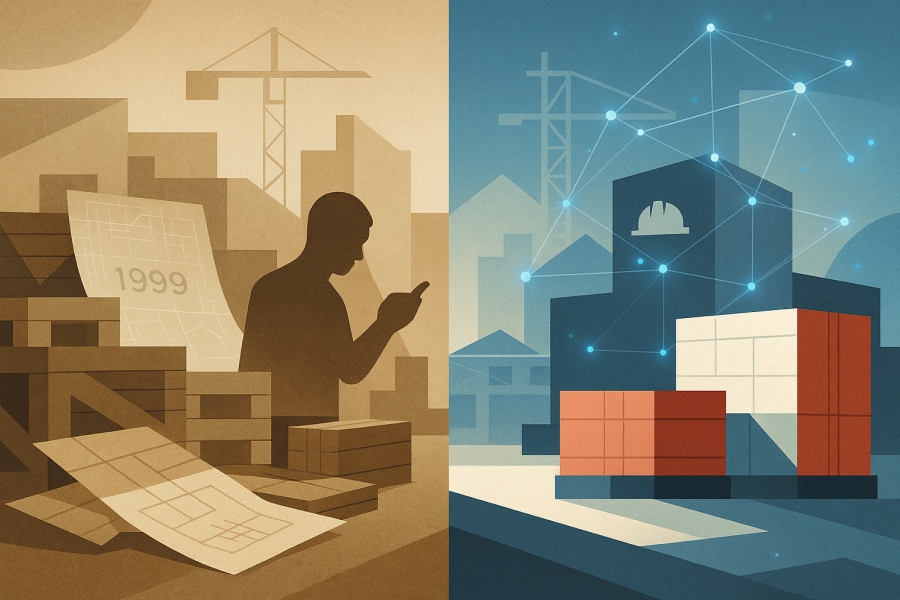As recently as 2019, working from home for many people was considered a luxury. The idea that productivity was tied to being in the office or worksite was the norm, and while some employees may have worked remotely, working from home at a large scale wasn’t common. When COVID-19 took hold, as much as 40% of the workforce became participants in what the Australian Productivity Commission calls a ‘forced experiment’ in remote work.
As a result, work from home arrangements have been made on the fly, leading to confusion, performance issues and, in some cases, eroded trust and dysfunction. Now, remote and hybrid work arrangements are becoming more common, with many employers and employees embracing flexible working arrangements post-COVID-19.
Work from home options have been linked to reduced employee turnover, and job attrition rates fell by over 50%, according to a study published by Stanford University. Other Australian and international studies echo these findings, suggesting that work from home and other flexible work arrangements could be here to stay.
Building certainty around arrangements and expectations is the critical next step for businesses that understand the value and need for work from home arrangements.
Work from home policies are central to your hybrid, remote and even on-site operations. A firm policy enables your entire team to clearly understand expectations of why, how and when work from home opportunities will be managed.
What a work from home policy is and why your construction business needs one
Fair Work Australia advises businesses to develop policies to support both the business and its employees in ensuring ground rules and expectations are clear.
Developing work from home policies in collaboration with your team members will help identify issues and opportunities and build commitment to a consistent and fair approach. This is a component of your broader company policies and should be developed with these other frameworks in mind.
In simple terms, a policy sets out what will be done, by whom and how.
A workplace policy:
- Sets expectations for the company and employees
- Provides guidance and a source of truth for making decisions
- Establishes clear roles and responsibilities
For example, a good policy will clarify the structure and scope of working hours and employee availability, the length and location of the agreement, work health and safety expectations and communication expectations (such as the capability to participate in virtual meetings).
Resources to help develop a work from home policy
Building remote working policies is not a one-size-fits-all approach, and remote working policies for the construction industry are no exception.
Australia’s Workplace Gender Equality Agency confirms that
“by taking early and strategic action on setting clear work and life boundaries, employers will not only reap the benefits of flex by improving retention and growing their talent pools, but they can also support their employees to enjoy the benefits while limiting negative consequences.”
To inform the development of your policy, check industry and government resources. A robust framework is essential in construction, where remote work is only appropriate for particular roles or scopes of work.
Safework Australia offers a list of considerations to understand the risks and opportunities of working from home arrangements. It also provides guidance on the practical support needed to ensure the role can be effectively delivered remotely.
Learning from others when developing a good set of policies that match the needs of your business can also be a great place to start. Speak with HR specialists familiar with construction industry challenges and requirements, research industry and government advice, and speak with your local chamber of commerce.
7 best practice tips for a work from home policy
Our top tips for helping you to shape your work from home policy are to:
- Identify if a work from home arrangement is appropriate for your business.
- Work in collaboration with your staff and human resource specialists to develop a policy fit for purpose.
- Ensure team members who will work from home either in a full time or hybrid arrangement are familiar with the policy and committed to its objectives.
- Communicate with other team members who do not have this option and use tools to ensure their communication with remote team members is easy and streamlined.
- Make sure your team members all have the right technology to help them deliver their roles as individuals and part of the broader team.
- Develop workplace health and safety requirements to protect your business and your workers.
- Review the policy regularly and adapt it according to your business needs.
Construction companies that progressively build best practice into their work environments — including enabling workplace flexibility — will become the frontrunners in the race to attract and retain key staff.
In 2021, research from the Australian Productivity Commission revealed that about 35% of workers across the board had jobs that were amenable to working from home, including office-based and ‘knowledge’ workers. That means construction businesses can expect that up to 4 in 10 of their workers could arguably deliver their roles in a work from home or hybrid environment.
Ensuring your team has the right tools and technologies to deliver their roles seamlessly — particularly when collaborating through complex construction projects — is central to the success of these arrangements. Tools such as Revu ensure project changes are captured in real time, offering team members access to up-to-the-minute data. Revu provides a centralised hub to create, annotate and share documents, so projects always stay on track and teams are aligned every step of the way.












